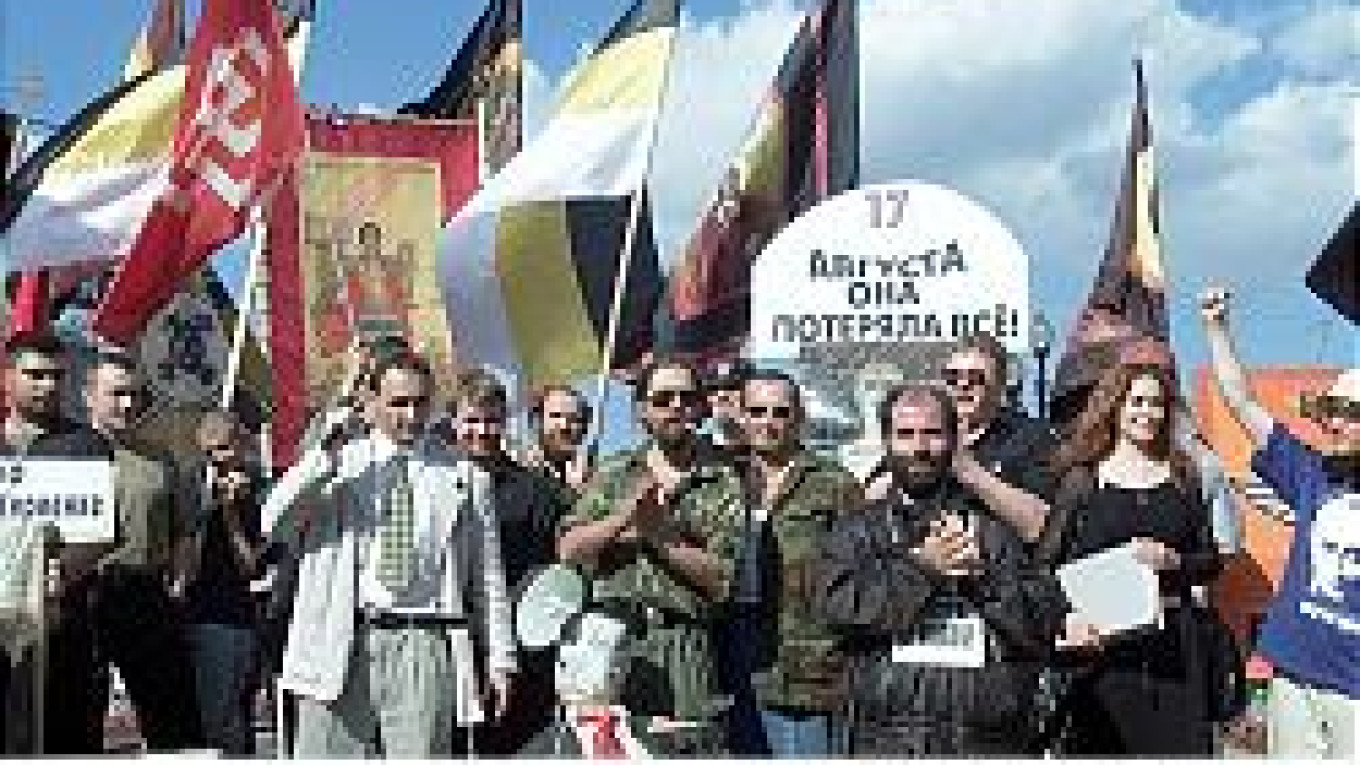Although economists worried the country was still too dependent on strong oil prices, they said the political and financial state of the country was very different.
Finance Minister Alexei Kudrin told radio station Ekho Moskvy that there was currently no chance of a default in Russia or of large fluctuations in the dollar, held by many Russians as their main savings.
Analysts said the country was indeed a different place from the Russia of 1998, which had to abandon the strong-ruble policy that had been the bedrock of economic planning for years. The next step was a debt default and restructure, although payments of Eurobonds were always adhered to.
Alexander Livshits, a former finance minister, said another key transformation that made Russia healthier was political, with President Vladimir Putin enjoying wide support in parliament, in contrast to former leader Boris Yeltsin.
"There are many positive changes," said Livshits, who is now deputy CEO of Russian Aluminum.
"The main change is that the main reason for the crisis has gone. The background to the default was political as confrontation between the different branches of power led to the adoption of budgets with big deficits, which let the crisis grow."
But others expressed worries Russia was still too dependent on oil rather than seeing a broad-based recovery. Oil, gas and metals account for 75 percent of the country's exports.
"It is not clear if current economic growth is a result of a rise in competitiveness of Russian industry or a rise in the price of oil and a protectionist exchange-rate policy," said Oleg Vyugin, chief economist of the finance house Troika Dialog.
The government has insisted Russia's economy is changing for the better, slowly expanding the base of its growth.
Austria's Raiffeisen Bank also highlighted in a report the need for the real economy to grow to keep the country on a steady path, but was encouraged by recent data.
Raiffeisen said growth in certain sectors ?€” such as machinery, chemicals, food and light industry ?€” was encouraging.
"The trends in industrial production should drive GDP to some 4.5 percent in 2001 and is setting a solid basis for growth in coming years, provided external market conditions do not worsen," the bank said.
However, for businessmen involved in Russia's economy, it is a case of being very shy after being bitten several times in crises, not only the one in 1998, but in others since the collapse of the Soviet Union in 1991.
Vladimir Karnaukhov, a member of the board of Russia's Sedmoi Kontinent supermarket chain, said any businessman had to be prepared for the worst.
"Living these years in very unstable situations, it would be stupid simply to be calm and to think nothing will ever happen and that we will develop in this [current] way," he said.
A Message from The Moscow Times:
Dear readers,
We are facing unprecedented challenges. Russia's Prosecutor General's Office has designated The Moscow Times as an "undesirable" organization, criminalizing our work and putting our staff at risk of prosecution. This follows our earlier unjust labeling as a "foreign agent."
These actions are direct attempts to silence independent journalism in Russia. The authorities claim our work "discredits the decisions of the Russian leadership." We see things differently: we strive to provide accurate, unbiased reporting on Russia.
We, the journalists of The Moscow Times, refuse to be silenced. But to continue our work, we need your help.
Your support, no matter how small, makes a world of difference. If you can, please support us monthly starting from just $2. It's quick to set up, and every contribution makes a significant impact.
By supporting The Moscow Times, you're defending open, independent journalism in the face of repression. Thank you for standing with us.
Remind me later.


